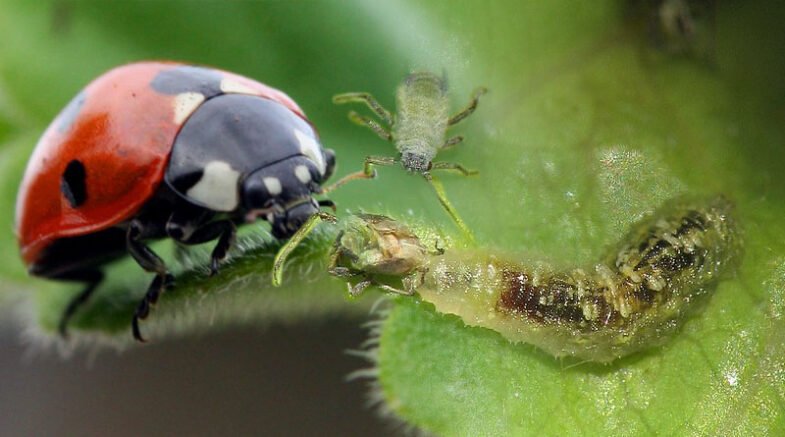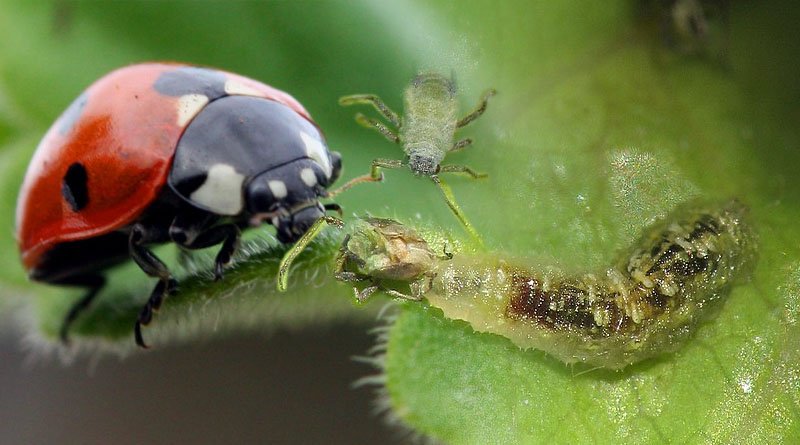Crop degradation, according to experts, affects crop exports to other countries while also causing health problems in humans and livestock.

The government of Pakistan should take result-oriented steps to build farmer capacity and raise awareness among farmers about the use of native biocontrol agents that do not degrade crop quality, according to reports.
Crop degradation, according to experts, affects crop exports to other countries while also causing health problems in humans and livestock. Use of Biocontrol agents is a long-term solution for controlling aflatoxins in crops.
Aflatoxins are naturally occurring mycotoxins produced by several Aspergillus species. Aspergillus is a common and widespread fungus. It is most frequently discovered when crops are destroyed by stressful circumstances such as drought or prolonged exposure to high humidity.
According to Dr. Muhammad Zakria, Principal Scientific Officer at the National Agriculture Research Centre, aflatoxin is a secondary metabolite produced by Aspergillus flavus, particularly in hot and humid conditions. “These toxins enter our food chain directly or indirectly through the consumption of contaminated food.” “Toxins cause health issues in both livestock and humans,” he added.
He stated that maize was the fourth most important crop in Pakistan because it was used in the food and feed industries all over the world. It is consumed directly by humans and animals in its processed form. “In recent years, the yield of maize crops has declined due to high levels of aflatoxin, resulting in financial losses to farmers,” he said.
Dr. Zakria attributed farmers’ financial losses to a lack of awareness about aflatoxin and its control. “Aflatoxin is a class of chemicals that are toxic to the human body.” Aflatoxin levels in food can cause serious health problems such as liver cancer, stunted growth, and other fatalities. “Consumption of contaminated maize by animals may have negative effects on their body structure and reduce the amount of milk they produce,” he added.
Furthermore, international trading standards prohibit the export of maize and other food commodities with elevated levels of aflatoxin. There is an adverse effect of these restrictions on regional trade, which in turn has economic implications for the countries affected by them.
Chilli is another major crop affected by aflatoxins. “High levels of aflatoxin and fungal and bacterial activity have been the main cause of its decline in the global market in recent years,” explained Dr Nowsherwan, Senior Scientific Officer at the National Agricultural Research Centre (NARC).
He claimed that Pakistan was one of the top ten chilli producers and exporters in the world. However, its output and exports have decreased over time. We used to export chilli to about 66 countries, but we are losing this market because many consignments have been returned due to the high levels of aflatoxins in chilies. “The main cause is mismanagement after harvest,” he added.
Dr. Nowsherwan claims that most farmers dried chilli peppers in the open on dusty grounds, resulting in fungal infections.Unclean storage bags, such as jute storage bags, collect moisture and cause aspergillosis, resulting in colour, shine, and aroma loss.
“As a result, a large number of our export consignments are turned down because of the harmful effects they have on human health.” “Aflatoxicosis, or acute poisoning caused by high levels of aflatoxins, can be fatal and is usually caused by liver damage,” he explained.
